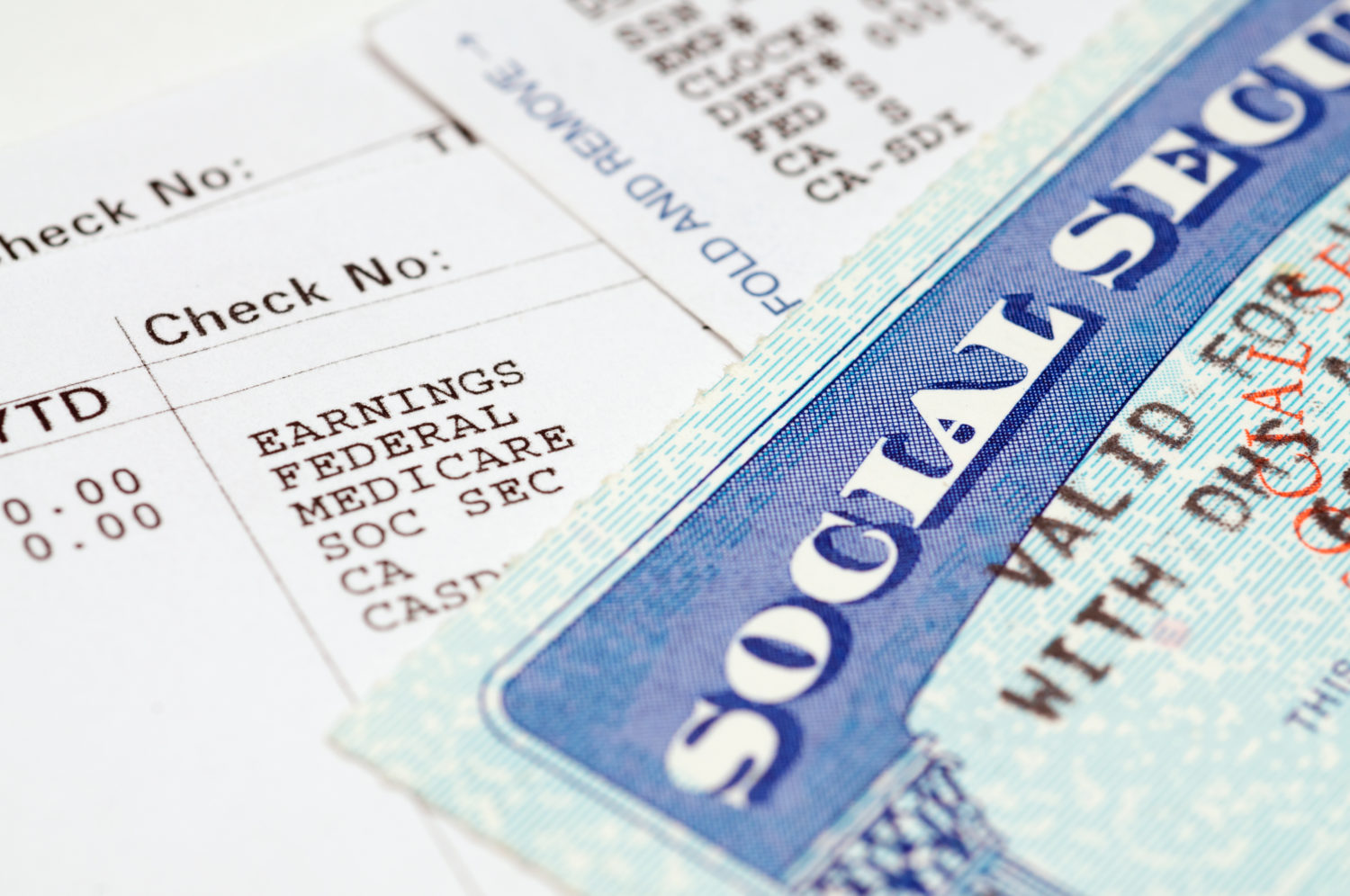About 8,000 Americans reach the traditional retirement age of 65 every day, according to AARP. If you’re one of these preretirees, you have a lot of decisions to make about your retirement finances — including when you should start receiving monthly Social Security retirement benefits.
The good news is that you have some flexibility. You can start claiming benefits as early as your 62nd birthday or as late as your 70th birthday. Many factors go into choosing the right Social Security distribution strategy — there is no appropriate one-size-fits-all approach.
The Distribution Tradeoff
There’s a simple tradeoff when it comes to taking distributions: In general, the earlier you start receiving Social Security benefits, the smaller your monthly benefit payment will be. Conversely, the longer you wait to start receiving distributions (up to age 70), the larger your monthly benefit payment will be. In other words, you can choose to receive less money each month for a longer period of time, or more money each month for a shorter period of time.
If you opt to start receiving benefits at age 62, your monthly benefit payment will be reduced by about 8% per year compared to your payment if you wait until you reach your full retirement age. Your full retirement age is based on when you were born.
For those born in 1960 or later, it is 67. Those born between 1943 and 1954, reached, or will reach, their normal retirement age at 66. Full retirement age for those born between 1954 and 1960 is:
- 1955 – 66 and 2 months
- 1956 – 66 and 4 months
- 1957 – 66 and 6 months
- 1958 – 66 and 8 months
- 1959 – 66 and 10 months
Other calculations exist for individuals with other birth years not mentioned here.
If you opt to start receiving distributions after you reach full retirement, you’ll receive delayed retirement credits of 8% per year (up to age 70). Suppose that, at your full retirement age of 66, you’d receive a monthly benefit of $1,000. Receiving benefits at 62 instead would reduce your monthly payment to $750, a reduction of 25%. But waiting to age 70, you’d get $1,320 — a whopping increase of 32%.
Effects On Family Members
Your decisions about Social Security also could affect your family. For example, if you begin receiving distributions before your full retirement age and then die before your spouse dies, the survivor benefit your spouse receives will be reduced.
However, if you wait until after your full retirement age to receive distributions, your surviving spouse will generally receive the same benefit you would have received, assuming he or she has reached full retirement age. If you die, your children under age 18 also could be eligible to receive benefits based on your work record.
If you’re divorced, but your marriage lasted for at least 10 years, you may be entitled to receive Social Security benefits based on your ex-spouse’s work record rather than your own. To qualify, you must not have subsequently married, and be at least 62.
Factors To Consider
Of course, each individual’s and couple’s situation is different. To determine the best Social Security distribution strategy for you and your spouse, consider these factors:
- What are your current cash needs? If you plan to retire before your full retirement age, you may have a greater need for monthly benefits than if you intend to keep working up to or beyond your full retirement age.
- How is your health and what is your family’s history of longevity? If your health is good and your family has a history of longevity, waiting until after you reach full retirement age to claim benefits could pay off in the long run.
- Do you have substantial sources of retirement income other than Social Security? If so, you could possibly tap these during your early retirement years and wait until you reach age 70 to take distributions, thus increasing your monthly benefit permanently.
Social Security is filled with traps for the unwary and those unfamiliar with its rules. You can visit the Social Security Administration online at ssa.gov to learn more details. To determine the best Social Security distribution strategy for you and your family, consult your financial advisor.
Working And Social Security Benefits
You don’t have to retire to receive Social Security retirement benefits. But, if you choose to start receiving distributions before you reach full retirement age and are still working, some of your benefit payments could be offset or reduced if you earn more than a certain amount.
The amount by which your benefit is reduced isn’t completely lost: You’ll receive a higher monthly benefit amount when you reach full retirement age to compensate for the reduction.
The calculation is fairly involved, so if you’re planning to work while collecting benefits, contact your CPA. He or she can help make sure that you avoid unexpected tax consequences.
